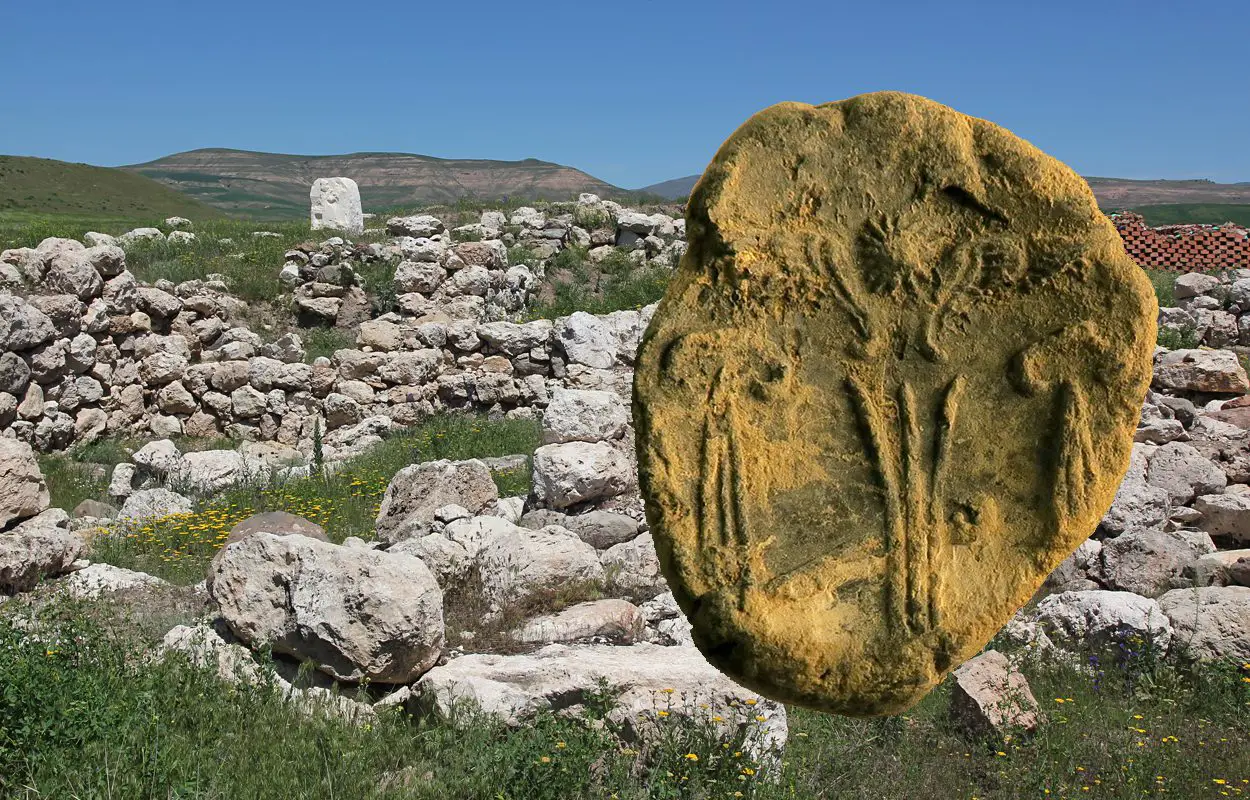Archaeologists from Koç University have uncovered an Imperial Hittite archive from the reign of Ḫattušili III during excavations at Kayalıpınar, located in the Yıldızeli District of Turkey’s Sivas Province.
Kayalıpınar is a multi-period site, with evidence of early occupation beginning in the 5th millennium BC. During the early kārum period, Kayalıpınar became a station (wabartum) of ancient Assyrian traders, that eventually developed into a trading colony (kārum).
In the Early Bronze Age, the Hittites redeveloped the colony into a major city called Šamuḫa, serving as a base of field operations, and a centre for the worship of the Hurrian Goddess of the Night.
Recent excavations by Koç University have uncovered clay stamped seals belonging to Ḫattušili III, a ruler of the Hittite Empire during the 13th century BC.
Ḫattušili III is most known for his treaty known as the Eternal Treaty or the Silver Treaty with the Egyptian Pharaoh Ramesses II. The treaty was signed to end a long war between the Hittite Empire and the Egyptians, who had fought for over two centuries to gain dominance over the lands of the eastern Mediterranean.
Excavations have also found seals belonging to Puduhepa (wife of Ḫattušili III), as well as seals for his children and other members of the Royal family. Also uncovered are fragments of tablets with cuneiform inscriptions of festival and fortune-telling texts, in addition to numerous religious texts. According to the researchers, the seals were found in a building that can only be described as an Imperial archive of the Hittites.
During this seasons study, the researchers also excavated two new Hittite structures. Speaking to AA, Dr Maner said: “We think they could be temples based on the plan and the finds. We even found the name of Ḫattušili III engraved on a ceramic vessel in one building.”
Header Image Credit : Ingeborg Simon – CC BY-SA 3.0





